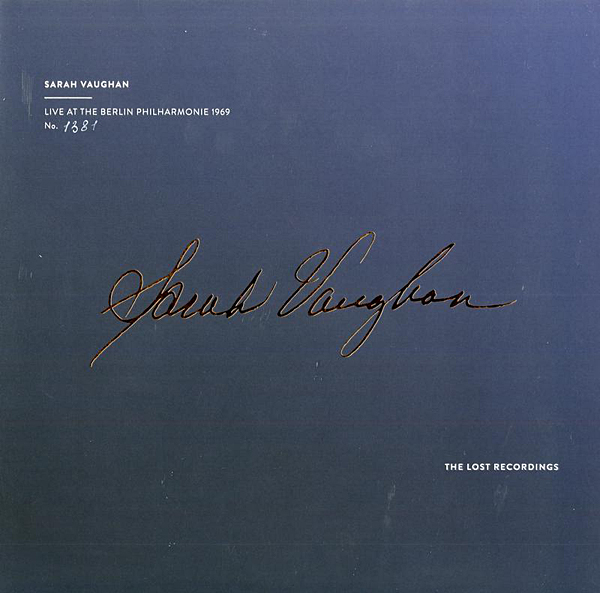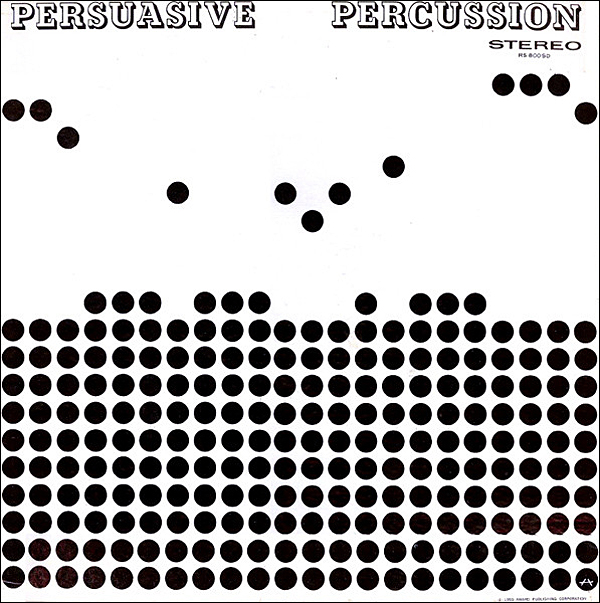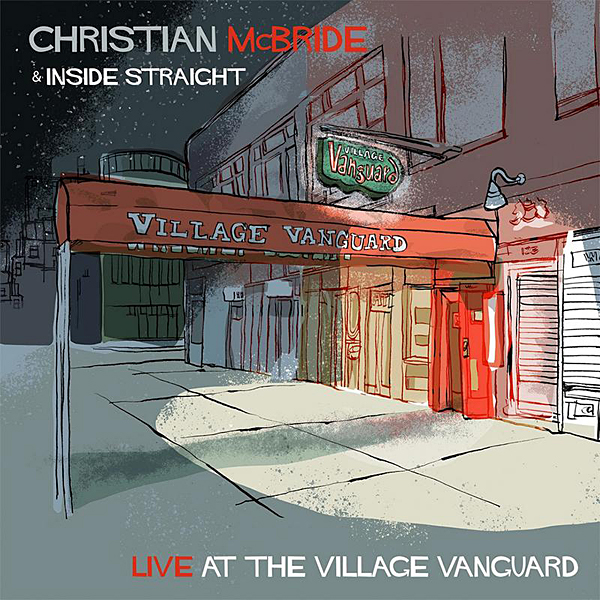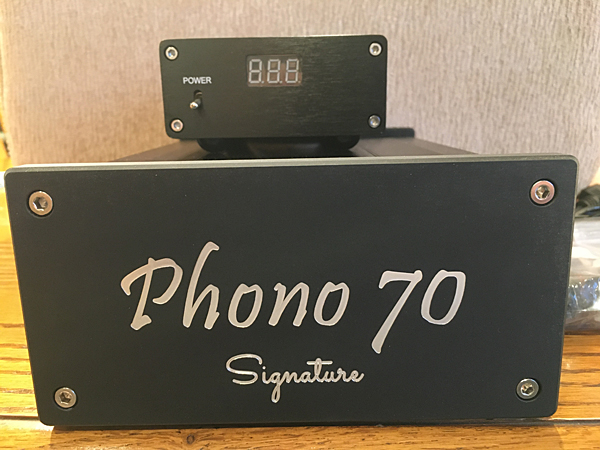| Columns Retired Columns & Blogs |
Too costly for buying on a whim, but right in there for when it will be time for real shopping.
While the Paradox approach to loading is not as easy as flipping DIP switches, it is easy, and plug-ins give you the widest possible loading flexibility. That's especially useful for people for whom loading down to the nearest ohm is a fetish. That's not me: I seek an acceptable range for a given cartridge. Once I'm in the zone where the cartridge sounds linear and tracks well—damping is electromechanical, so tracking can be affected by loading—I'm done.
The standard Phono 70 costs $2500. The Phono 70 Signature reviewed here sells for $3000. There's also a $6000, three-chassis dual mono design with "the best of everything" inside including an enhanced power supply. The company also makes a Phono 40 and a Phono 30, featuring those gain figures. Paradox offers a 30-day money-back guarantee on all three versions of the Phono 70.
Setup and sound
I spent most of my listening time with the Ortofon Verismo cartridge, since it was already installed on the OMA/Schröder arm; its 0.2mV output seemed nearly ideal for the Paradox Phono 70 Signature. 150 ohm loading sounded best to me, though 100 ohms and even 75 ohms produced well-balanced, solid sonic performance.

Why devote a whole column to a $3000, nonadjustable phono preamp? Because of what I heard on the first record I played: Sarah Vaughan's Live at the Berlin Philharmonie 1969 (The Lost Recordings; no catalog number), which is out of print. As I wrote in my AnalogPlanet review, "This is an absolutely mesmerizing Vaughan performance of 20 smartly chosen and sequenced tunes—some standards in 1969 and some then new and now standards—intimately mic'd that puts her startlingly and transparently in front of you between the speakers."
The Phono 70 Signature produced a glistening, remarkably transparent, living rendering of Vaughan's voice and hung it effortlessly and convincingly in 3D space between the speakers. Even though it's a mono recording, the sense of hall space behind and around Vaughan and the backing trio (piano, drum, and bass) was rendered with noticeably greater clarity and transparency than I remember it sounding through the far more costly CH Precision P1/ X1 combo (although it cannot compete in terms of bass slam).
You can read all about The Lost Recordings, a co-project between French electronics company Devialet and record label Fondamenta, and their current offerings on vinyl and lacquer, on the Devialet website.
It was easy enough to go back to the CH combo, and doing so confirmed what I heard. The $50,000+ CH Precision is very quiet, transparent, and pure sounding, as it should be at its price. And yet this $3000 phono preamp reproduced Vaughan's voice with hypnotic delicacy and lucidity even at the lowest SPLs. Vocal sibilants were detailed and artifact free and not at all smoothed, delicately drawn and pure. All of these factors increased the presentation's believability.

You know how playing one record that produces a remarkable sonic experience leads to another? In this case, the Vaughan led to a ridiculous choice, the old (1959) Command stereo classic Persuasive Percussion (RS 800 SD). True, this is "empty calories" music and the stereo is "pingpong," but so much fun. The original "deep groove" pressing cut by George Piros almost to the label sounds best.
The track's xylophone glissandos, gourd swipes, baritone sax blats, cowbell, and the rest were sharply and effectively drawn with a precise attack that caused me to crank up the volume to a near-stupid level because the transient presentation was ideally and naturally sharp, yet rich. I craved more and upped the volume again. The generous sustain and lengthy decay into black enhanced my pleasure.

Mack Avenue Records just released Christian McBride and Inside Straight's Live at the Village Vanguard (Mac1192L), a double LP recorded in 2014 by Todd Whitelock, who, along with Damon Whittemore, has apparently uncovered the secrets of producing great Village Vanguard Recordings. This one was recorded before Cécile McLorin Salvant's Dreams and Daggers (Mack Avenue 1120LP), which was also recorded at the Vanguard. On that one, Whittemore gets first credit and Whitelock second. That's reversed here. No matter: Both are sonic spectaculars (footnote 1).
Whitelock captures drums, bass, vibraphone, piano, and sax on a 3D soundstage that any regular Vanguard patron will recognize. Chris Muth cut the lacquers, and even though the sides are long, he's managed to preserve dynamics while keeping levels high.
This is rollicking fun, and the recording puts you close to center stage. Warren Wolf's vibes shimmered and rang cleanly at the front of the stage. When Steve Wilson stepped forward to take a saxophone solo, the bell of his horn was in plain sight and in natural focus. The timbre and texture of his horns, alto and soprano, were supple and convincing. McBride's double bass had credible weight and nimble, full-bodied attack. The dynamic presentation had plenty of punch, and if rhythm'n'pacing are your thing, the Phono 70 Signature will get your toes tapping if it's in the music.
The Phono 70 Signature's reproduction of this great recording was all I needed to hear to confirm that this phono preamp is easy to recommend at $3000—and well beyond.
If you crave warmth in a phono preamp, the Phono 70 Signature isn't for you. But if you want a neutral player that's quiet, super-well-organized, and can plumb the depths and scale the peaks without adding colorations, the Phono 70 Signature is well worth considering, especially in light of the price and the 30-day money-back guarantee.
The Phono 70 Signature lets the cartridge's timbral and textural personality shine through as only the best phono preamps manage. It's not at all warm, but it's also not cool or lean or at all timbrally stingy.
How does the Phono 70 Signature compare, for instance, to the similarly priced PS Audio Stellar? I didn't have them both here at the same time, so I can't really compare, but the PS Audio is far more versatile and, from memory, has a somewhat more forgiving sound. The Phono 70 Signature is "right there," pushing the limits of pleasingly in-your-face, tell-it-like-it-is sound, not by shining lights or being analytical but by being ruthlessly revealing and transparent. The Phono 70 Signature just wasn't there. It neither added to nor subtracted from what the cartridge was producing on the familiar records I played—once I got the loading sorted. That can take more time than switching DIPs, but it's time well spent considering the resulting purity and transparency. Pure, flowing water.
Robinson couldn't cite an overload margin, though he did say he's tried cartridges that output up to 0.45mV with no problems. Considering that there are no gain adjustments, I'd be careful about using the Phono 70 Signature with phono preamps outputting much more than that. When I ran a 0.4mV Hana Umami into it, the resulting sound was in no way strained or at all problematic. In fact, that $6000 combo played way above its pay grade.
Considering the 30-day money-back guarantee, there's little to lose and much to gain—in addition to 70dB. You may not get the versatility and convenience of more costly phono preamps, or the cosmetics, but you will get transparent sound. I'm thinking of checking out the $6000 three-chassis version. I'm also thinking John Atkinson should measure this unit for RIAA accuracy, etc (footnote 2).

Conclusion
In an email, Robinson wrote, "Don't let the price fool you: I sell direct. If this was a product from a major company, it would be well over $20k given the level of parts used." That sounds excessive to me, but maybe.
One of the reasons the Phono 70 Signature is so reasonably priced is that the company keeps costs down—although the sample did arrive in a small plastic flight case lined with pluck foam. Aside from a one-sheet, the package included no product literature. And they obviously don't spend anything on their website. Perhaps adding all those extras that more savvy companies consider essential would increase the Phono 70 Signature's price to where it would no longer be such a bargain.
The company also saves money by not advertising, or by advertising very little. In an email, Robinson wrote, "Sorry for going overboard (about how big companies get reviews because they advertise), but the big magazines will not review my products unless I become an advertiser with them. I have been told this directly."
Well, here's to you Mr. Robinson. I don't know if Jesus loves your products more than you will know—but I didn't ask you to "pay to play," did I? Which is not to say that some other magazines don't work that way. I loved the Paradox Phono 70 Signature, and that's what matters in my column and at Stereophile.
Footnote 2: My measurements will appear in the May 2022 issue of Stereophile.—John Atkinson

Too costly for buying on a whim, but right in there for when it will be time for real shopping.

Hi
"Too Costly" ?
From my technical viewpoint, this $3,000 is a killing huge deal ! A rare example of unprofiteering business, consumers' wallent friendly, IMO.
I'm yet to find out which other makes phono-premp(s) in the marketplace today for much much much higher pricing offering quality designs as such:
(1) Costly Audio Note silver titanium resistors, silver foil caps.
(2) print-thru gold plated thick PC board
(3) PASSIVE RIAA EQ.
(4) class A amplication topology
(5 MC input.
"on a whim" ?
Sonics is a personal subject thing. With above such quality designs, $3,000 spending is NOT "a whim" at all, IMO.
Jack L

I said, "Too costly to buy on a whim."
Jesus Christ.
That meant that I could no simply buy one without consideration for cost.
I should have typed slower.
Did you miss..."but right in there for when it will be time for real shopping."
My hand is on my forehead regarding your reply.
Is that so hard to figure out?
You seem to get it at the end of your post, but taking "too costly" out of the sentence context is just silly.

Hi
OK. Write simple English next time then !
"but right in there for when it will be time for real shopping."
I would put it: "Here is the time for real shopping for a phono-preamp !"
Jack L

You internet trolls are amazing.

Hi
Not as "amazing" as your trolling misleading English, pal !
Jack L

I don't think the problem lies with him, pal.

Hi
Not many readers got the whole world's time to read it "several times".
I don't. Who doesn't want to read simple straight-forward Enlgish ?
Jack L

I hope you find your way out from under your troll bridge!

A Star Trek level paradox:
"Sorry for going overboard (about how big companies get reviews because they advertise), but the big magazines will not review my products unless I become an advertiser with them. I have been told this directly."
Is Stereophile not a big magazine? If not, who is?

... you should include MF's response as well: "but I didn't ask you to "pay to play," did I? Which is not to say that some other magazines don't work that way."

Hi
This statement sounds paradoxical, right ?
Mr. Robinson misused the key controversial word "the" instead of the proper word: SOME.
Take it easy, loyal Stereophile patrons !!
Jack L

..but just wanted to give an accolade to this site. You are, IMO, the best reviewer in the industry...always learn something and am always available to read any review you post. Something to be learned each time.

Thank you Mr. Fremer for such a great review.
Terence Robinson